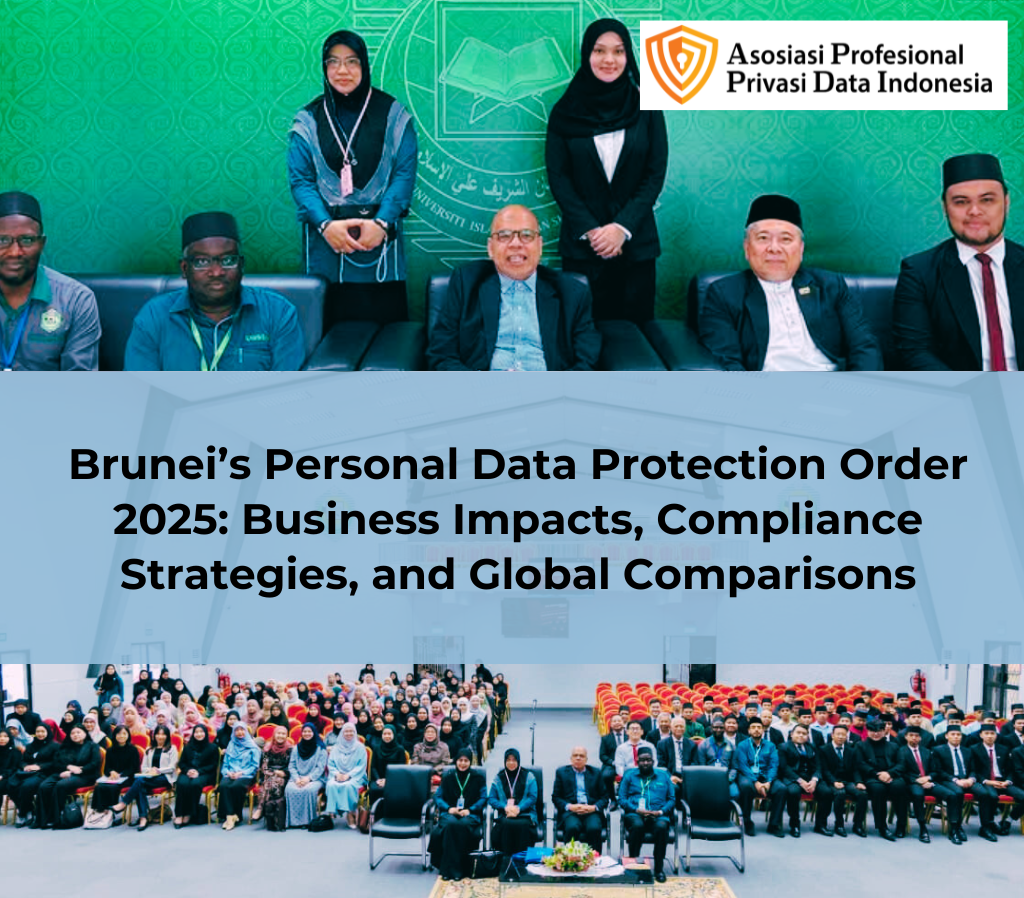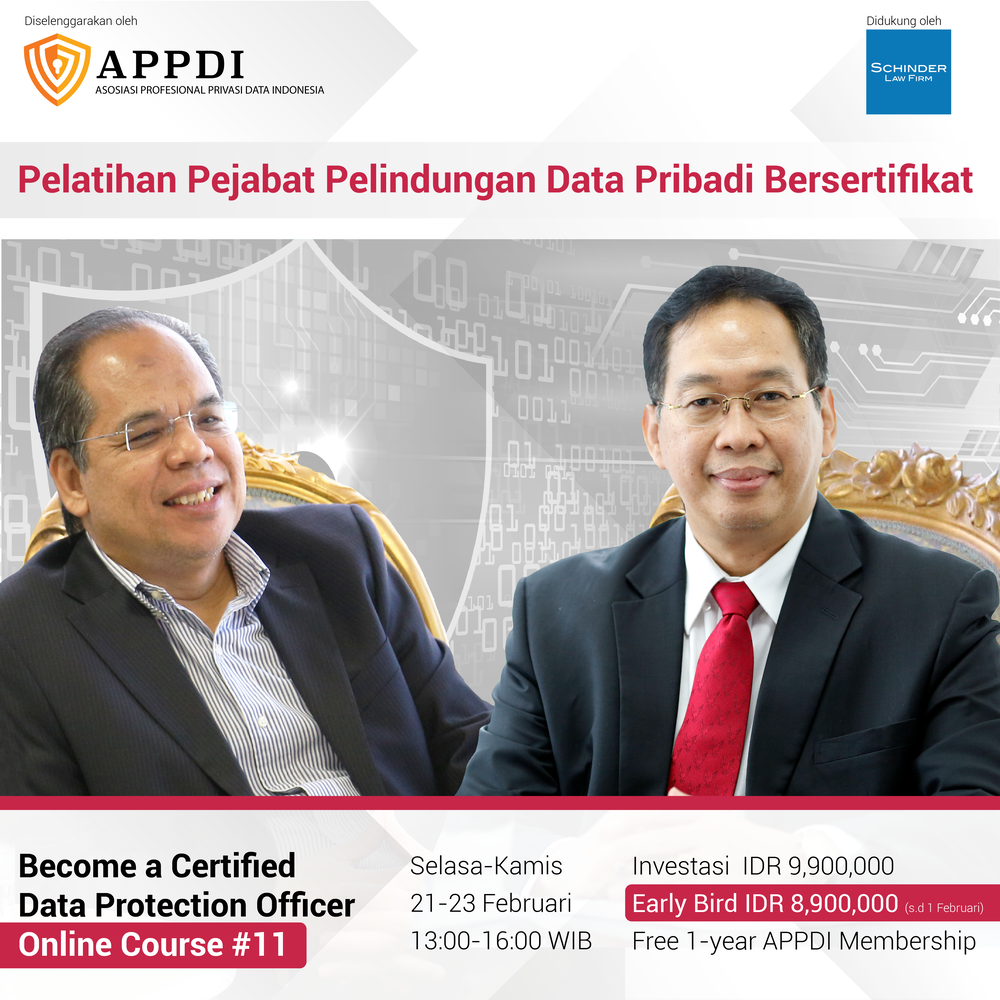Blog dan Berita

Asosiasi Profesional Privasi Data Indonesia (APPDI) – Data Protection News Update, 22 October 2025
– Implementasi UU Perlindungan Data…
– Penyadapan di Era Digital: Antara…
– Setahun Komdigi Era Prabowo…
– Ahli Siber Ingatkan Pemerintah Badan…
– 70,000 Government ID, Personal…
– Home Security Firm Verisure Reports…

Asosiasi Profesional Privasi Data Indonesia (APPDI) – Data Protection News Update, 21 October 2025
– Wajib Tahu! 5 Tips Aman Menggunakn…
– Urgensi Perlindungan Data Pribadi…
– Perlindungan Data Pribadi di Dunia…
– Prabowo Lambat Bentuk Badan PDP…
– Setahun UU PDP Berlaku, Data Warga…
– A View from DC: A Self-help Book…

Asosiasi Profesional Privasi Data Indonesia (APPDI) – Data Protection News Update, 20 October 2025
– 7 Cara Mengetahui Data Pribadi Bocor…
– Permintaan Solusi Keamanan Siber…
– Data Governance Sebagai Politik…
– China Accuses US of Cyber Breaches…
– The Risks of Artificial Intelligence…
– Pinjam Yuk Tegaskan Kepatuhan &…

Asosiasi Profesional Privasi Data Indonesia (APPDI) – Data Protection News Update, 17 October 2025
– Mencegah Kebocoran Data Pribadi…
– Dua Sisi Mata Pedang Digital…
– Data Privacy and The Brazilian…
– 86% Wisatawan Khawatir Data…
– Menyoal Urgensi Perlindungan..
– Does ACL Data Breach Penalty…

Asosiasi Profesional Privasi Data Indonesia (APPDI) – Data Protection News Update, 16 October 2025
– Menakar Batas Hak Privasi di…
– Waspada, Phising Ancam…
– 5CA Bantah Terlibat dalam Dugaan…
– Pakar Ingatkan Risiko Berbagi…
– Lebih Dari 50% Pengguna…
– Privacy Law’s AI Generation…

Brunei’s Personal Data Protection Order 2025: Business Impacts, Compliance Strategies, and Global Comparisons
Professor Dr Abu Bakar Munir, an internationally renowned scholar, expert, and consultant in Cyber Law and Data Protection Law, as well as Co-Founder of Asosiasi Profesional Privasi Data Indonesia (APPDI), explained that the Order represents Brunei’s decisive step toward establishing…
Pelatihan DPO Bersertifikat 2026
Pelatihan Pejabat Pelindungan Data Pribadi Bersertifikat 2026. Klik di sini untuk informasi lengkapnya.

